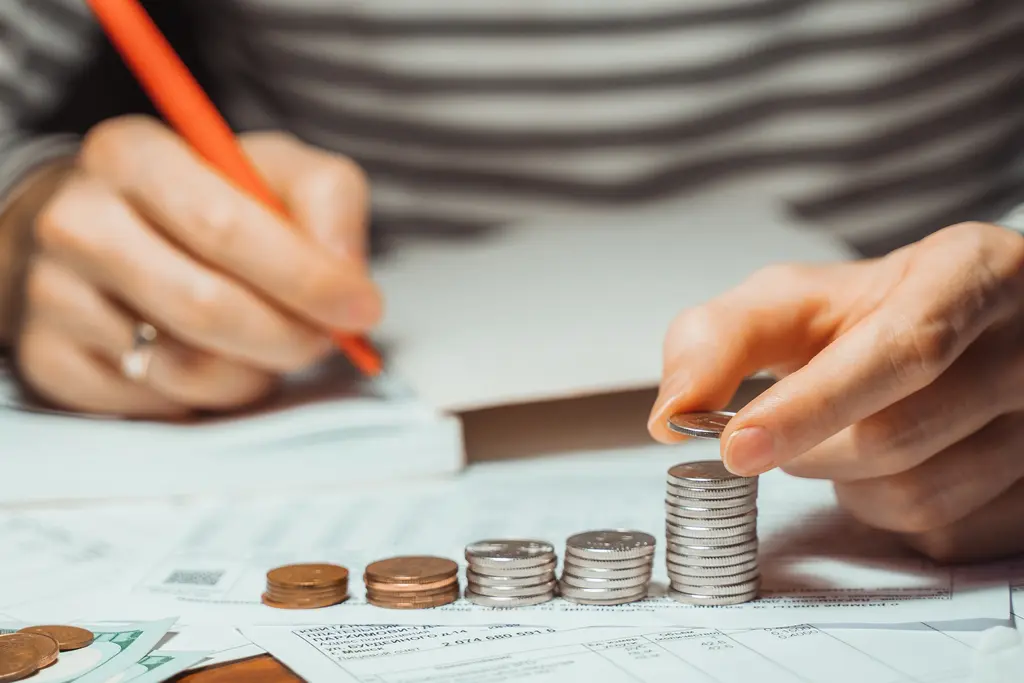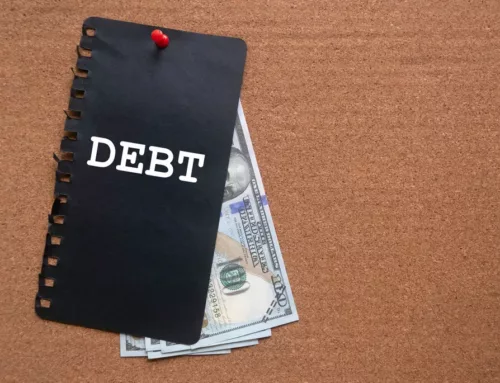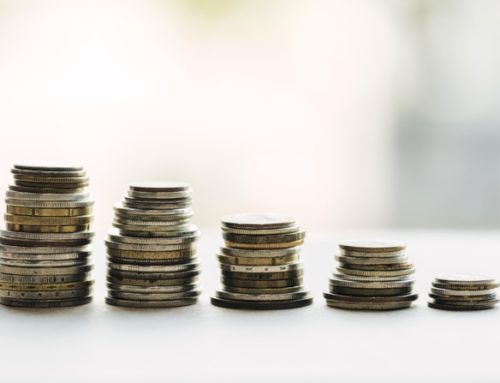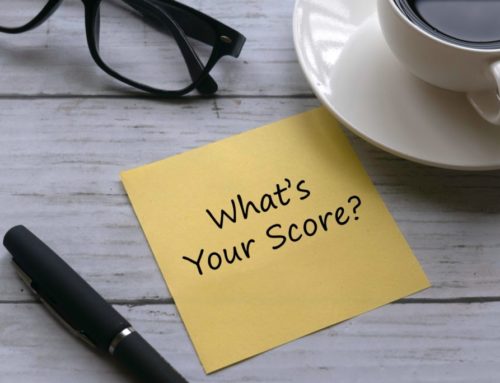Minimum Debt Required for Filing Bankruptcy
How much debt do you need to file for bankruptcy? Will I have to pay the debt back in the future? Several factors go into determining how much debt you can have to file a Chapter 7 Bankruptcy. This post will be able to help you decide in minutes whether you’re eligible.
There is no minimum debt amount required to qualify for filing bankruptcy. There are debt restrictions in some bankruptcy chapters, but there is no debt minimum. That so, you may and should undoubtedly examine whether filing for bankruptcy makes sense in your given role.
However, I want to ensure that you get the correct information about what happens when you file for bankruptcy.
What Happens When You File For Bankruptcy?
Bankruptcy enables debtors to discharge commitments and start again. Each Chapter 7 and Chapter 13 bankruptcy have various advantages and address debt and property differently. You’ll choose the appropriate chapter based on your income, assets, and priorities.
Here are a few things to anticipate when filing bankruptcy:
Stop Collections and Creditor Harassment.
When you file, the bankruptcy court will issue an automatic stay. However, it does not halt all creditor calls, garnishments, or litigation. Criminal proceedings will also continue to go ahead.
Stop a Foreclosure or Eviction (at Least Temporarily).
The automatic stay will halt any special activities. Bankruptcy won’t assist after it’s:
Evictions. A bankruptcy petition will halt an eviction under litigation. But it’s likely to be brief. Remember that bankruptcy won’t assist in most states if your landlord has already sued you for removal.
Foreclosures. Despite the automatic stay, filing for Chapter 7 won’t help you maintain your home. You’ll lose your home or automobile if you don’t pay up. However, Chapter 13 allows you to catch up on previous payments and maintain the asset.
Wipeout credit cards and most other non-priority debts.
A bankruptcy discharges unsecured medical bills, unpaid electricity bills, personal loans, and gym commitments. Except for student loans, they can wipe off most unsecured debts.
Non-payment of the bill is unsecured if you did not agree to return the bought property. If you have a secured credit card, you must return the item. Items like jewelry or gadgets usually secure secured debts.
Wipeout secured debt.
If you can’t afford a mortgage or auto payment, you may discharge the obligation through bankruptcy. But you can’t keep your home, vehicle, computer, or other collateral. If you deliberately pledge property to secure debt, you must pay it or surrender it.
How Does Bankruptcy Affect Your Credit Score?
While bankruptcy may alleviate some of your financial commitments, it will have a long-lasting effect on your credit report.
Bankruptcy is a unique legal process that allows you to restructure or discharge your debt, depending on your financial state. Bankruptcy may be beneficial if financial obligations overburden you, but it may also harm your credit. Generally, a bankruptcy will remain on your credit reports for up to ten years from the date of filing.
The marvelous thing is that if you take the proper actions, your credit may progressively improve.
How to Qualify for Chapter 7 Bankruptcy
You may file for Chapter 7 bankruptcy if your gross income is less than the state median for your family size (twice the amount you earned in the preceding six months before comparing the numbers).
However, not everyone is required to submit to the means test. If your income is excessive, determine if you are exempt from the means test. If you are not, you will have another opportunity.
You will still qualify if, after subtracting reasonable living costs and other permitted payments, you do not have enough money available to make affordable payments to creditors under a Chapter 13 repayment plan.
Bankruptcy Filing Process
When you’re ready, your lawyer will walk you through the bankruptcy filing and court processes. Starting with a bankruptcy petition will cease debt collection activities against you as soon as your creditors are notified. You must also give the following bankruptcy forms:
- A list of all your assets
- A list of all your debts, creditors, and amounts
- Income statement detail
- Copies of tax returns
- Recent and authorized credit counseling proof
You will submit your case to the courts after the paperwork is completed. The court will notify your creditors, and a case trustee will meet with you and your attorney to assess your present financial status.
After a Chapter 7 bankruptcy discharge, you are legally free of any dismissed obligations.
Debt Discharge in Bankruptcy
Your creditors can no longer sue you in court or garnish your salary when you file for bankruptcy. Most persons who declare Chapter 7 bankruptcy have their debts dismissed and are not obligated to reimburse creditors. Among the debts you may still owe are:
- Alimony
- Child Support
- Tax debts
- Government debts
- Criminal debts
- Student Loan
File Chapter 7 with the Help of a Jackson Bankruptcy Attorney
Bankruptcy proceedings are complicated. You need to know the law, and you need to understand how it works. But lawyers have experience. An attorney can figure out which bankruptcy papers you need for your situation and can fill out those papers for you.
If you don’t hire an attorney, you have to find a lawyer willing to take your case. Then you have to explain your situation, and you can’t know what to expect. If you’re lucky, the lawyer can help you. But it’s far from certain.
Don’t file bankruptcy without a Rollins Bankruptcy attorney. At the Rollins Law Firm, thousands of bankruptcy cases have been filed in Jackson, Ridgeland, and around the state. Our knowledgeable Jackson Chapter 7 bankruptcy attorneys understand how to assist and care for you.









Connect with Us